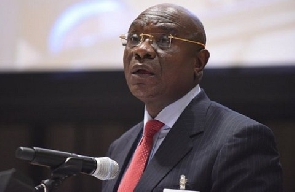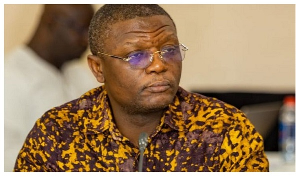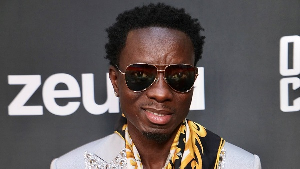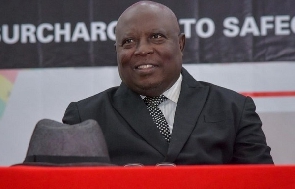Irmo, South Carolina,
23rd July, 2014
The 2014 World Cup just ended and as usual, unsuccessful coaches are stepping down or getting the boot.
Amongst those leaving or being sacked are Sabella of Argentina, Lamouchi of the Ivory Coast and of course, Scolari of host nation Brazil.
Amongst the headlines were host nation Brazil’s back-to-back defeats to Germany and the Netherlands. The defeat to Germany was Brazil’s first in a competitive match since 1975 and their heaviest in a world cup game. As an aside, since Ghana held Germany to a draw, does this mean we could have beaten Brazil? Probably.
There are quite a few nations whose reputations have been changed forever by this world cup.
Spain’s Vicente Del Bosque will forever wonder why, despite ample warnings, he did not bench his Captain and Goalkeeper, Cassilas and maybe save his team’s blushes.
Argentina’s Sabella might be wondering why he left Tevez at home and whether, if he had taken the striker, Argentina might be celebrating.
Ivory Coast’s Lamouchi might wondering why Drogba spent so much time on the bench while American coach Klinsman might be second-guessing himself for leaving Landon Donovan at home.
And a few African countries might be wondering why they have not figured out how to pay bonuses on time.
There are, of course, new reputations that have been made—by Costa Rica, Columbia and the likes James Rodriguez, Ospina and Goetz.
In reaction to their World Cup performance, Brazil has already sacked their coach, Luiz Felipe Scolari and named 1994 winning Captain Dunga in his place. After the debacle against Germany and the Netherlands, the coach and his defenders pointed out correctly that he had led Brazil to many victories and in winning the Confederations Cup but Brazil would have none of those excuses. Many of the players who were in that team will not be recalled to the national team again and that is as it should be. Indeed, many believe that Brazil’s President, who faces re-election later this year, may fall victim to the World Cup failure as well.
That is accountability at work. Brazil recruits coaches and players to win World Cups, not to reach the semi-finals or even the finals. To them, only winning constitutes success.
Now, imagine, for a moment what would have happened if one of any number of Ghanaian politicians had been Brazil’s coach.
First, they would have blamed the poor performance on bad referees
Then they would have blamed the players for playing badly.
Next, they would have blamed Ghanaians for not supporting the team enough.
Finally, they would have demanded that they should be re-appointed with bigger salaries.
And the powers that be would have said --- “Sure, you deserve another chance to win a world cup for us!!”
Maybe, there are a few things about accountability we can learn from the soccer in general and Brazilian soccer in particular about accountability--- in both soccer and politics—and it is that when people fail to perform as coaches or candidates, we must hold them to account and change them.
Opinions of Thursday, 24 July 2014
Columnist: Kennedy, Arthur Kobina


















